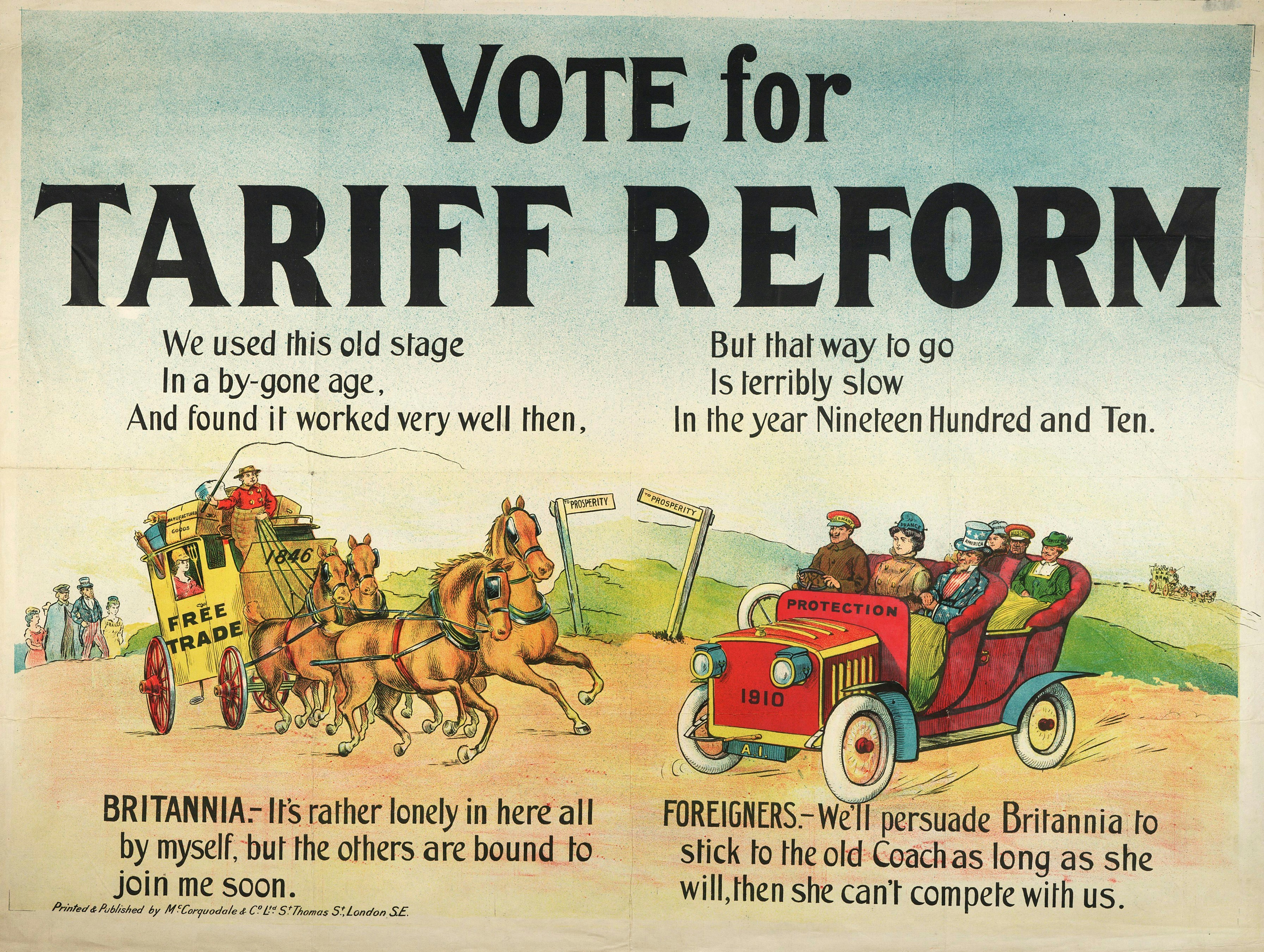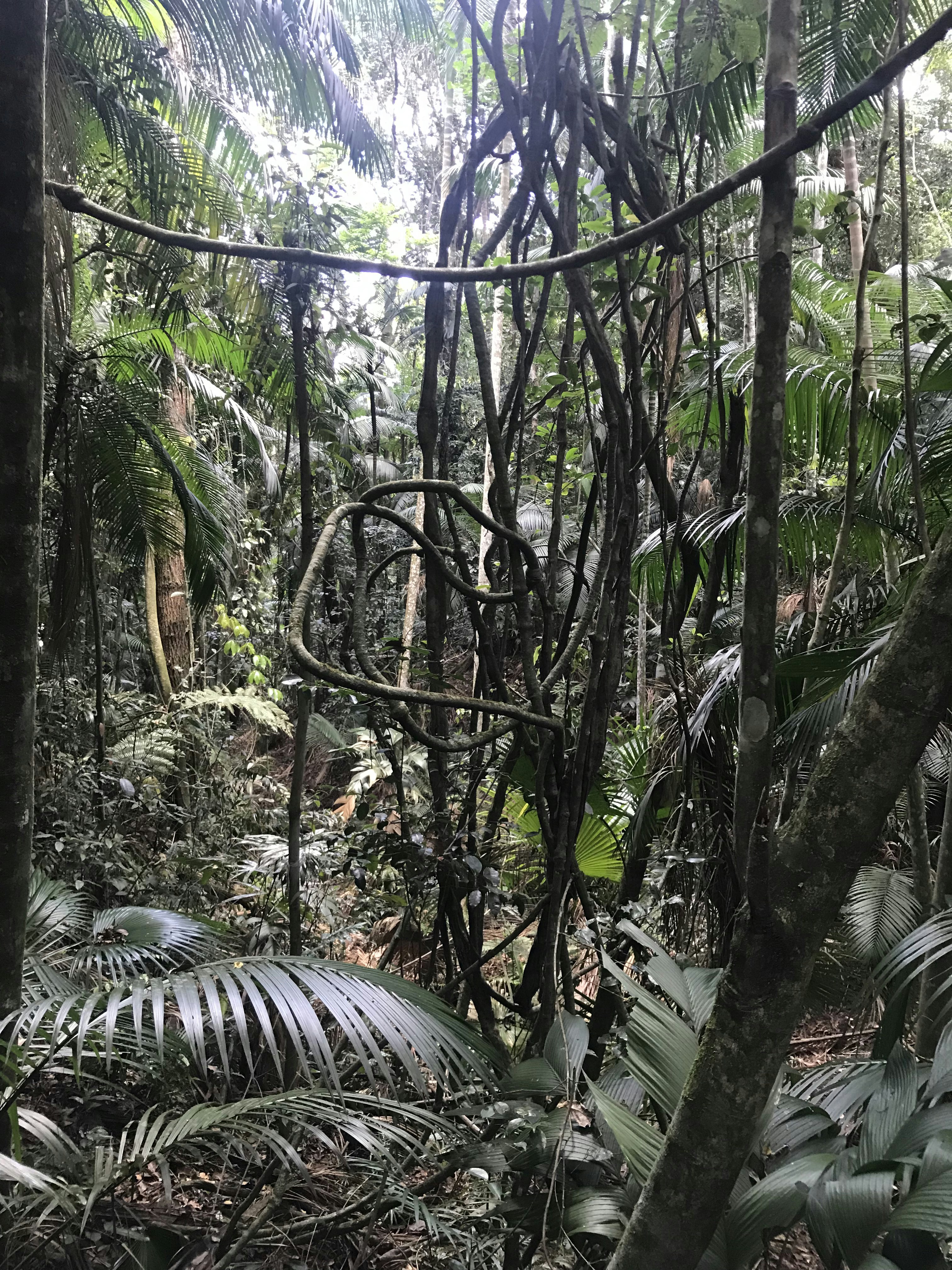Background on U.S.-Brazil Relations
The relationship between the United States and Brazil has historically undergone significant fluctuations, influenced by political ideologies, economic alignments, and key global events. The evolution of U.S.-Brazil relations can be traced back to the early 20th century, with notable milestones marking their diplomatic journey. During the Cold War, both nations collaborated in various spheres, primarily for geopolitical stability in the Western Hemisphere.
In the late 20th century, bilateral relations saw a positive shift, characterized by substantial trade agreements and cooperation in areas such as agriculture, technology, and science. However, the interactions became more complex under Jair Bolsonaro’s presidency. Bolsonaro’s alignment with the U.S. administration of Donald Trump marked a notable ideological pivot, yet it also introduced considerable tensions. His government embraced controversial policies relating to environmental protections and indigenous rights, which attracted criticism and strained relations with both the international community and some sectors within Brazil.
Tariffs and trade policies further complicated this dynamic. Under Bolsonaro, bilateral trade experienced challenges, as U.S. tariffs on steel and aluminum tested the economic ties between the two nations. Furthermore, Bolsonaro’s stance on the pandemic and environmental issues alienated many within the United States, compelling a reassessment of diplomatic priorities. Such tensions emphasized the differences between the two countries, creating a climate of uncertainty regarding future cooperation.
With the inauguration of Luiz Inácio Lula da Silva, a thaw in U.S.-Brazil relations seems more plausible. Lula’s administration presents an opportunity for revitalization of diplomatic discussions and renewal of trade agreements. The recent call between Trump and Lula exemplifies a mutual interest in strengthening ties, addressing past grievances, and working jointly to enhance trade relations moving forward.
Details of the Call Between Trump and Lula
On a recent afternoon, former President Donald Trump and Brazilian President Luiz Inácio Lula da Silva engaged in a significant phone call that highlighted the evolving dynamics between the two nations. This conversation marked a notable departure from their past interactions, characterized by increasing friendliness and mutual respect. Lasting approximately 45 minutes, the dialogue underscored the importance of trade relations between the United States and Brazil, with a focus on enhancing economic cooperation.
During this call, Lula presented a pivotal request aimed at fostering trade growth: he urged Trump to consider reducing tariffs on Brazilian imports from an imposing 50% to a more manageable 10%. This proposal reflects Lula’s commitment to strengthening trade relationships and enhancing Brazil’s economic prospects. In response, Trump expressed his willingness to discuss the ramifications of such changes, demonstrating openness to collaboration. The potential reduction in tariffs could serve to bolster economic ties and encourage a more seamless flow of goods between the two countries.
The personal nature of their interaction was also a highlight of the conversation. Both leaders reminisced about their experiences at the UN General Assembly, recalling the chemistry they shared—a factor that undoubtedly contributed to the constructive tone of this exchange. Their mutual respect and recognition of each other’s political landscapes played an essential role in the overall atmosphere of the call. Their discussions showcased a proactive approach to navigating past disagreements, indicating a desire for a harmonious relationship moving forward.
This cordial interaction stands in stark contrast to previous exchanges that were fraught with tension. By embracing a collaborative spirit, Trump and Lula demonstrated their shared intention to foster a positive bilateral relationship focused on trade enhancement and mutual benefit.
Economic Implications of the Tariff Discussions
The recent discussions between former President Donald Trump and Brazilian President Luiz Inácio Lula da Silva have reignited interest in the economic implications of tariff adjustments between the two nations. Tariffs on Brazilian imports have significant repercussions, not only for Brazil but also for the United States. With the current trade dynamics, the United States maintains a trade surplus with Brazil, largely influenced by these tariffs, which have acted as barriers to Brazilian goods reaching the U.S. market.
Experts in international trade highlight that reducing tariffs can promote increased trade volumes, which subsequently could lead to enhanced economic growth for both countries. As tariff rates decrease, Brazilian exporters may find it easier to penetrate the competitive U.S. market, potentially diversifying their market reach. This would not only boost Brazil’s economy but could also lead to an unfavorable shift in the trade balance, affecting the trade surplus enjoyed by the United States. A detailed examination of the sectors impacted by the prevailing tariffs reveals that industries such as agriculture, textiles, and manufacturing in Brazil bear the brunt of these import duties, hindering their competitiveness internationally.
Moreover, the implications of the tariff discussions extend beyond mere trade balances. The adjustments could lead to a ripple effect on international trade relations, with other nations observing and potentially reevaluating their trade policies with both Brazil and the United States. Enhanced tariffs could undermine Brazil’s position in the global market, while reduced tariffs would encourage a more liberal trade approach, fostering cooperation and economic interdependence. In essence, the tariff negotiations hold significant potential to reshape trade landscapes, motivating economies to adapt and respond to new conditions for mutual benefit.
Future Prospects and Diplomatic Engagement
The recent reconnection between former U.S. President Donald Trump and Brazilian President Luiz Inácio Lula da Silva has sparked discussions about the future of U.S.-Brazil relations. Both leaders have emphasized the importance of trade and diplomacy, suggesting a renewed commitment to strengthen ties. Lula’s forthcoming invitation to the UN Climate Summit in Brazil presents a significant opportunity for collaboration on climate-related issues, potentially positioning both nations as joint leaders in global environmental initiatives.
In addition, the proposed meeting during the ASEAN Summit in Malaysia serves as another pivotal moment for dialogue between these leaders. Such engagements open avenues for bilateral discussions on trade agreements, economic partnerships, and mutual interests that could enhance cooperation. Both Trump and Lula have expressed the need for constructive dialogue, and the upcoming events will allow them to address key issues directly, reflecting a proactive approach to their diplomatic engagement.
The sharing of direct contact information between the two leaders might symbolize a strategic shift towards more open communication. This development could facilitate swift resolutions to any emerging trade disputes and enhance overall diplomatic coordination. Brazilian Vice-President Geraldo Alckmin has conveyed an optimistic outlook regarding the future of their bilateral relations, suggesting a potential thawing of previously tense interactions. By fostering constructive dialogue, both nations aim to enhance trust and collaboration, which would ultimately benefit their economies.
As we look ahead, the potential for improved diplomatic relations is promising. The engagement between Trump and Lula, supported by initiatives like the UN Climate Summit and ASEAN meeting, may lay the groundwork for a stronger partnership. Observers will be keen to see how these efforts translate into tangible outcomes in U.S.-Brazil relations in the coming months.
About TodayResearcher
At TodayResearcher, we bring you stories that matter. Covering everything from breaking news and world events to lifestyle, entertainment, science, and culture, our editorial team is dedicated to delivering accurate, insightful, and engaging content. We aim to keep readers informed, inspired, and curious about the world around them.

